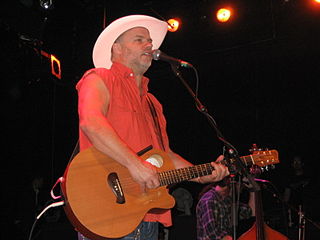A Quote by Cate Marvin
I encourage my students to be honest in their assessment of both the published work we read and the work of their classmates. I think there's always the occasion for discussing elements of craft, whether the student's poem is terrible or quite wonderful.
Related Quotes
Lucky accidents seldom happen to writers who don't work. You will find that you may rewrite and rewrite a poem and it never seems quite right. Then a much better poem may come rather fast and you wonder why you bothered with all that work on the earlier poem. Actually, the hard work you do on one poem is put in on all poems. The hard work on the first poem is responsible for the sudden ease of the second. If you just sit around waiting for the easy ones, nothing will come. Get to work.
Art is craft: all art is always and essentially a work of craft: but in the true work of art, before the craft and after it, is some essential durable core of being, which is what the craft works on, and shows, and sets free. The statue in the stone. How does the artist find that, see it, before it's visible? That is a real question.
The most common mistake students of literature make is to go straight for what the poem or novel says, setting aside the way that it says it. To read like this is to set aside the ‘literariness’ of the work – the fact that it is a poem or play or novel, rather than an account of the incidence of soil erosion in Nebraska.
When an acting teacher tells a student 'that wasn't honest work' or 'that didn't seem real,' what does this mean? In life, we are rarely 'truthful' or 'honest' or 'real'. And characters in plays are almost never 'truthful' or 'honest' or 'real'. What exactly do teachers even mean by these words? A more useful question is: What is the story the actor was telling in their work? An actor is always telling a story. We all are telling stories, all the time. Story: that is what it is all about.
The true poem is not that which the public read. There is always a poem not printed on paper,... in the poet's life. It is what hehas become through his work. Not how is the idea expressed in stone, or on canvas or paper, is the question, but how far it has obtained form and expression in the life of the artist. His true work will not stand in any prince's gallery.
Work begets work. Just work. If you work, people will find out about you and want to work with you if you're good. So work anywhere you can. That's why I've changed my mind about these theatres where people work for free or have to pay money. I think it's kind of terrible that they feel they have to, but you know what? They're working.







































